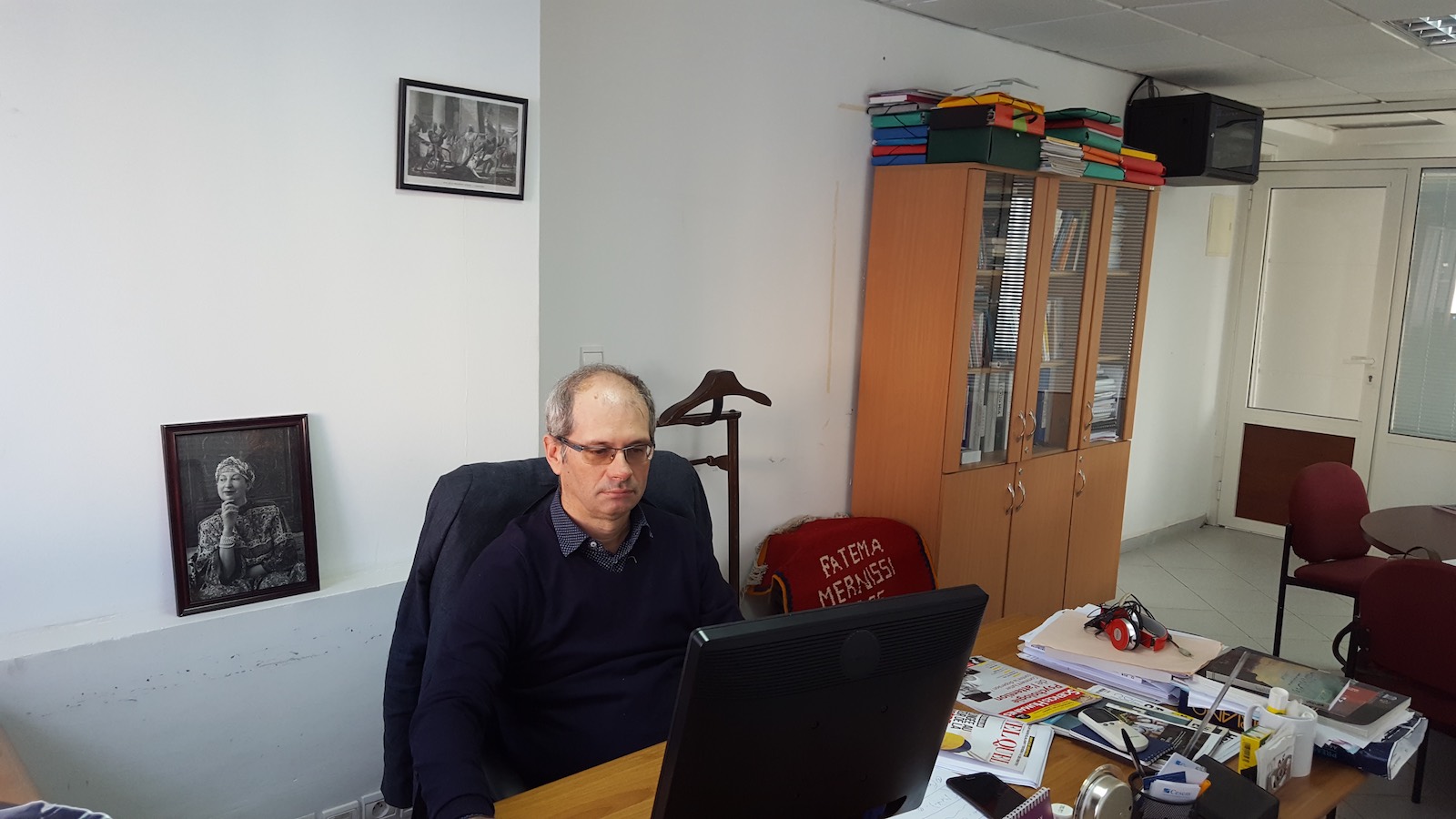
7.12.2017
ifa-Galerie Berlin
While being a fierce defender of gender equality, Moroccan sociologist and writer Fatema Mernissi (1940-2015) never liked being coined as feminist, in the western sense, nor reduced to an identity-bound category. Her battle was multi-layered, definitely for women liberty but more broadly for democracy as a political framework allowing for society and state acceptance of individuality, plurality and social equity, as well as for lay men and women’s access to the brightest aspects of Muslim heritage. Her take on feminism is to put understood in relation with her anti imperialistic stance and her sense of civic responsibility towards subaltern populations. Both aware of globalized issues and anchored into local concerns, she tried to strike the balance between two ends. Did she manage? Meanwhile, what are the stages she went through in her long life path? How was her double-edged position perceived?
This is not a classical talk but a mix of personal testimony and scholarly freethinking about the legacy of a pioneer heterodox feminist.
Talk in English language
Free Admission
Driss Ksikes (*1968) is a Moroccan playwright, novelist and essayist, director of HEM research center in Casablanca, the editor in chief of the journal Economia and coordinator of Fatema Mernissi chair. His field as a scholar is media and culture. On the creative side, he has been called “one of the most innovative writers in Morocco today” and was named “one of the six best African playwrights” by the National Studio Theatre in London. His book Le métier d’intellectuel: dialogues avec quinze penseurs du Maroc (The intellectual profession: interviews with 15 Moroccan thinkers), co-authored with Fadma Aït Mous, won the Prix Grand Atlas, Morocco’s most prestigious book prize. He was a Visiting Writer-in-Residence with the Center for the Writing Arts at Northwestern University for the spring 2017 quarter.
Driss Ksikes:
Fatema Mernissi, a Glocal Feminist
Talk
37’17”